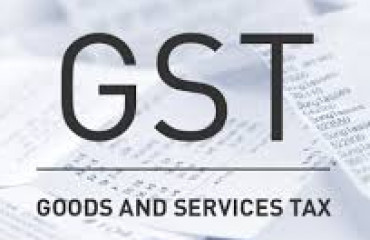
New Delhi: Federal indirect tax body, the Goods and Services Tax (GST) Council began its 48th meeting virtually on Saturday, seeking to bring more clarity on a host of tax issues, improve ease of doing business and put in place an appellate tribunal. Mint takes a look at the key issues involved.
New Delhi: Federal indirect tax body, the Goods and Services Tax (GST) Council began its 48th meeting virtually on Saturday, seeking to bring more clarity on a host of tax issues, improve ease of doing business and put in place an appellate tribunal. Mint takes a look at the key issues involved.
-Setting up GST appellate tribunal or GSTAT
The Council, chaired by union finance minister Nirmala Sitharaman, is likely to decide on the composition and regional distribution of appellate tribunals that will handle GST disputes. It is expected to decide whether there should be one GST appellate tribunal per state or whether one per region would suffice and how many members should be there from the Centre and states.
-Liberalising penalty regime
The Council will consider raising the monetary threshold for launching prosecution for tax evasion to improve the overall business climate and the ease of doing business. The Council is considering amending the penalty provisions for tax evasion, wrongful use of tax credits, and other offences. Currently, tax evasion of ₹1-2 crore attracts a jail term of up to one year and that for ₹2-5 crore up to three years, under Section 132 of the Central GST Act and corresponding state laws. The idea is to raise this monetary threshold for initiating prosecution in these cases.
-Decriminalisation of minor offences
The Council will take up proposals to decriminalize minor or procedural offences, which is also expected to improve the overall business climate. These are the ones where an intention to evade tax is not present.
-Bringing more clarity on legal provisions
The Council may take up several proposals to clarify provisions in rules relating to e-invoicing requirement of businesses, treatment of GST dues in the case of bankrupt businesses, tax credit for corporate social security related spending and no-claim bonus offered by insurance companies.
In addition to these, the Council will also consider proposals for de-criminalising Central GST Act, Aadhaar based biometric authentication of GST registrants, amendments regarding the timeline of tax refunds to exclude delays by the tax payer and several changes to various forms to improve reporting requirements.
